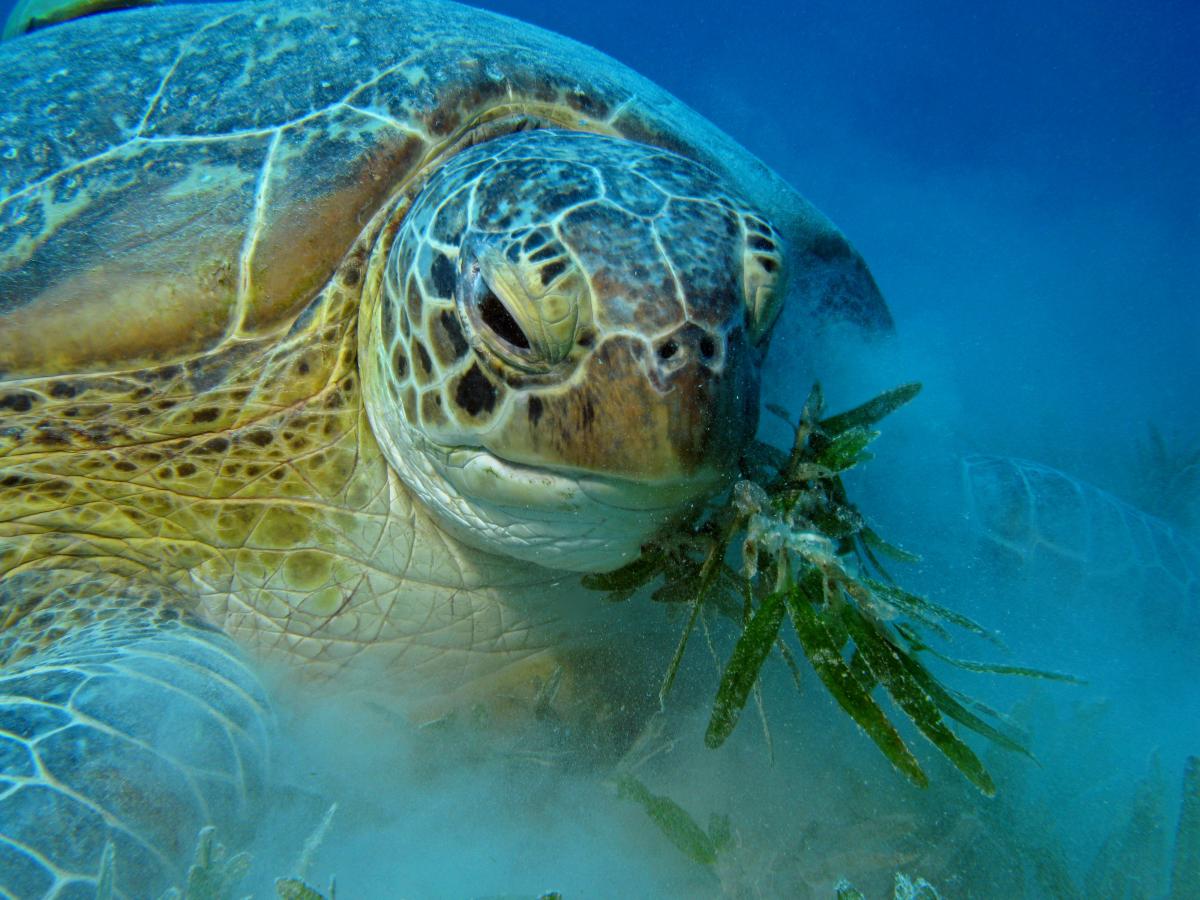Traditional knowledge certified for wildlife conservation
Namibia's Bwabwata National Park leaders have launched an innovative programme to assess and certify skills and competencies of Indigenous park trackers of the Khwe ethnic group.
The ground-breaking programme offers recognition of traditional knowledge for wildlife management, but also reinforces indigenous rights to land tenure by placing Indigenous peoples in important conservation roles on their own soil.
Due to low literacy levels in the region, Indigenous peoples were previously kept out of formal conservation employment or underpaid for their sophisticated skills. The Namibian government supports the programme and has allowed communities to stay in the national park and be employed as trackers and rangers. Though anchored in Khwe traditional knowledge, the training and assessment methodology is based on international standards and is accessible to people from any background and level of literacy.
Using an assessment methodology which is free from literacy-based biases in determining the relative levels of expertise amongst trackers, their skills and knowledge on identifying animal spoor, wildlife behaviour, game counting, disease monitoring and others. Trackers are certified at four different levels of competence, specific to ecosystems. The best trackers are then employed to train younger trackers and later to assess them.
In parallel with the formalization of the tracker skills and competence assessment, trackers learn to use Cyber tracker handheld computer / GPS technology. This allows important data on biodiversity trends and density, to be systematically recorded. Data analysis provides rapid insight into conservation priorities, including issues of climate change, disease vectors and anti-poaching strategies. Introducing IT technology provides a bridge between traditional knowledge and data management relevant to conservation goals, and trackers with little or no formal schooling can easily learn to use the technology.
The community is now working to set up an Indigenous-run tracker training school which would service Namibia and potentially also neighbouring Botswana. They are also experimenting with geospatial technologies such as participatory 3D modelling (P3DM). These models provide understanding of indigenous and local knowledge of the landscape and governance models. The programme has generated sustainable employment for both Khwe men and women, pride in traditional knowledge, and assisted in conservation in Bwabwata National Park.



